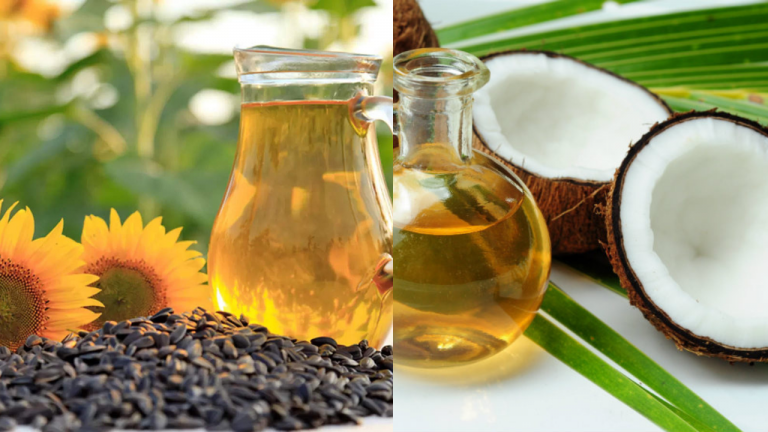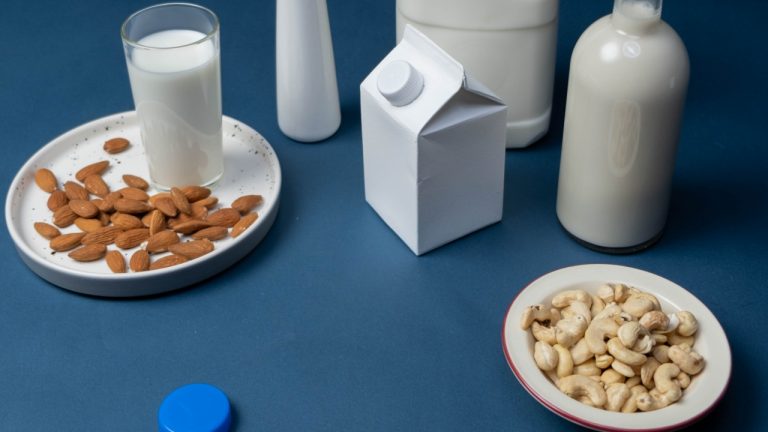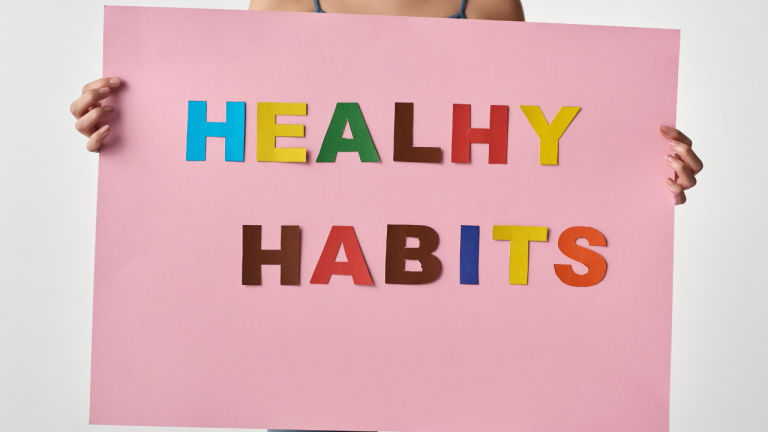Masturbation Benefits and Harmful if Done in Excess

Masturbation is a common activity. It’s a natural and safe way to explore your body and feel pleasure. Despite the myths, there are actually no physically harmful side effects of masturbation. However, excessive masturbation can harm your relationship and everyday life. other than that, masturbation is a fun, normal, and healthy act.
Whether you masturbate is up to you and only you. If you do, rest assured that doing so won’t cause any physical harm. And if you don’t, there’s no harm, no foul, for you either.
Many people find that masturbating helps them concentrate better. As such, they might masturbate before working, studying, or taking a test. This sense of clarity and focus might be a result of feeling relaxed and happy after an orgasm.
Benefits of masturbation
Masturbation may cause anxiety for some people, other people masturbate as a way to relieve tension and ease anxiety, However, examined the connection between self-pleasure, including masturbation, and anxiety.
Anecdotal reports, as well as studies about sexual intercourse, suggest that masturbation has some helpful benefits. Masturbation once a week:
- help you relax
- release sexual tension
- reduce stress
- boost your mood
- improve sleep
- help you have better sex
- help you feel greater pleasure
- give you a better understanding of what you need and want in a physical relationship
- relieve cramps
- improves self-esteem
- relieve menstrual cramps
- relieve muscle tension
- healthier sperm
- improves your life
Masturbate Too Much
- Premature Ejaculation
- tiredness
- weakness
- loss focus
- affect sex life
- testicle
- back pain
- become irritated
- reduce productivity
- lose emotional connection
- delay ejaculation
Aside from societal and spiritual difficulties, underlying health conditions might make masturbation difficult.
For example, masturbation may be frustrating if you experience:
- erectile dysfunction
- low libido
- vaginal dryness
- dyspareunia, which involves pain during vagina penetration
- post-orgasmic illness syndrome is a little-known condition where individuals who have a penis can become ill after ejaculating
In addition to this, masturbating might be upsetting if you’ve experienced sexual trauma.
If you think you have an underlying condition that makes it difficult to masturbate and it’s bothering you, talk to a doctor you trust.
Likewise, if you’re struggling to masturbate due to emotional distress, you may find it helpful to talk to a therapist.
Side effects of masturbation
Masturbation does not cause physical side effects. It’s also not harmful to your body unless you use too much force or apply too much pressure.
Masturbation and feelings of guilt or anxiety have not been studied directly. The potential negative side effects of masturbation are drawn from anecdotal reports and limited research.
The most common side effects of masturbation include:
- Guilt. Cultural, personal, or religious observations or doctrines may impact how you view masturbation. In some philosophies, masturbation is bad or immoral. This can lead to feelings of guilt.
- Addiction. Some people who masturbate frequently report that they find it difficult to quit or reduce their rate. Excessive masturbation can begin to impact your mood, as well as your day-to-day sexual functioning.
Masturbating releases hormones
Masturbation causes your body to release a number of hormones. These hormones include:
- Dopamine. This is one of the “happiness hormones” that are related to your brain’s reward system.
- Endorphins. The body’s natural pain reliever, endorphins also have de-stressing and mood-boosting effects.
- Oxytocin. This hormone is often called the love hormone and is associated with social bonding.
- Testosterone. This hormone is released during sex to improve stamina and arousal. It’s also released when you have sexual fantasies.
- Prolactin. A hormone that plays an important role in lactation, prolactin also influences your mood and immune system.
Masturbating can cause you to release healthy amounts of the above hormones, which is why it can positively affect your mood and physical health.
Dopamine, endorphins, and oxytocin are all called “happiness hormones” associated with stress reduction, bonding, and relaxation.
Sometimes, masturbating can help you feel a little better when your mood is low.
It can help alleviate stress and anxiety
While oxytocin is commonly known as the “love hormone” and is associated with social bonding, it’s also associated with de-stressing and relaxation.
Oxytocin plays an important role in regulating stress and reducing anxiety.
It does this by reducing blood pressure and lowering cortisol levels. Cortisol is a hormone associated with stress.
So, if you’re hoping to relieve some tension after a tough day at work, masturbating might be a good relaxation technique!
Oxytocin and endorphins are associated with relaxation, so it makes sense that masturbation can help you sleep, especially if stress and anxiety are keeping you from getting some shut-eye.
It may also have an effect on your self-esteem
Masturbating can be a way of practicing self-love, getting to know your body, and spending quality time on your own.
Because you’re learning to enjoy your own body and figuring out what feels pleasurable for you, masturbation can boost your self-esteem.



